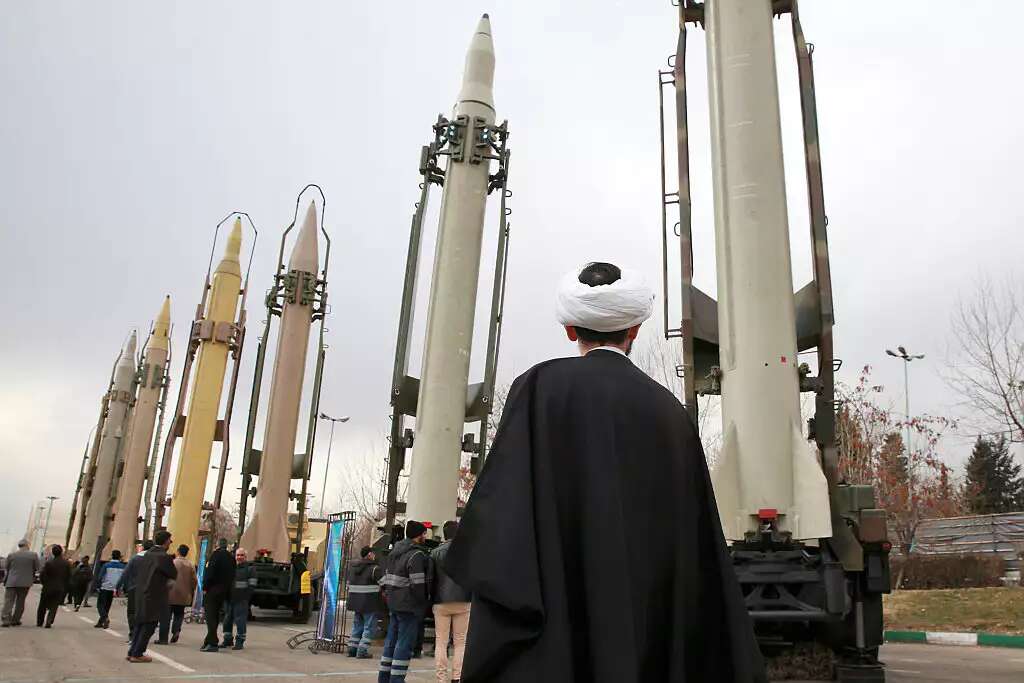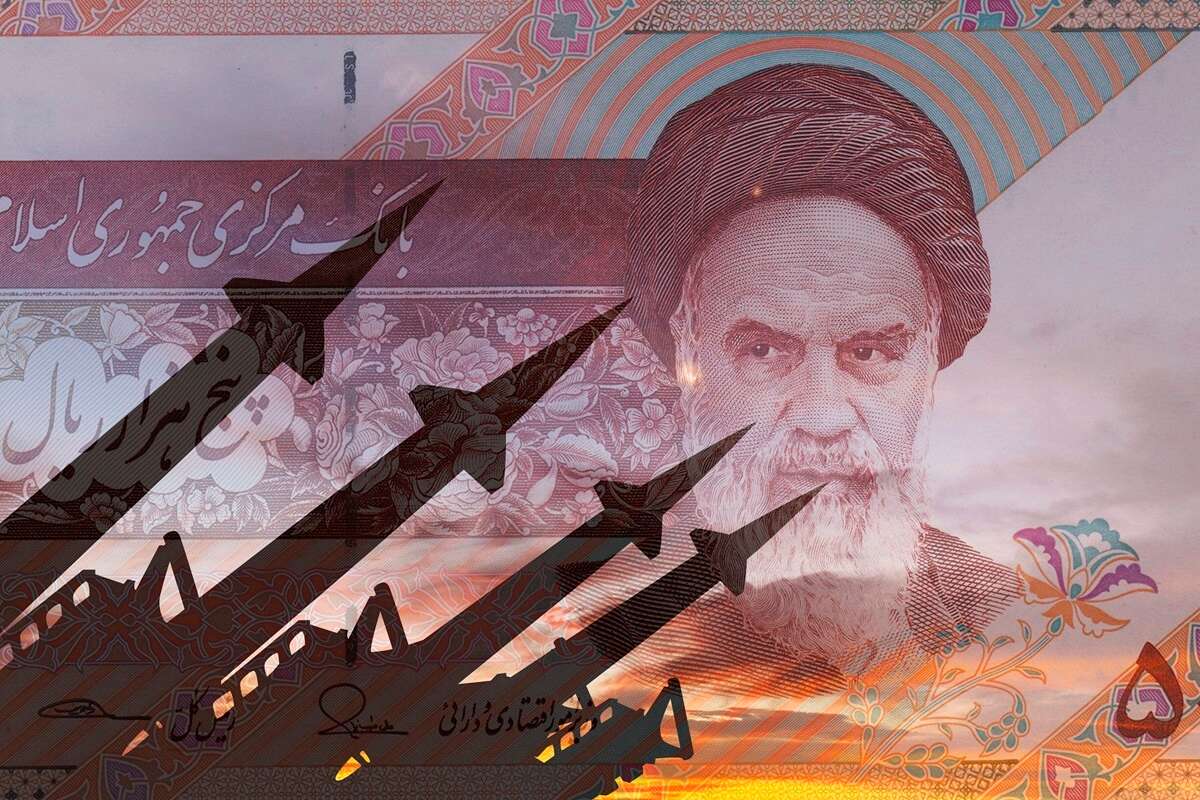The face of the Middle East has transformed over the past year. Iran, once perceived as an unstoppable rising force, has been struck and contained by Israel. The project in which Tehran invested hundreds of billions of dollars – establishing a sphere of influence stretching from Iran through Iraq and Syria to Gaza and Lebanon – has collapsed with a thunderous crash.
The dismantling of Hamas and Hezbollah, Iran's proxies through which it hoped to encircle Israel, paralyze it, deter it from acting, and ultimately bring about its destruction, along with the collapse of Bashar Assad's regime, has redrawn the Middle East map. This represents a reversal of the regional trend of Iran's growing power and influence.
Furthermore, over the years, the Iranians preferred to try to harm us through their regional proxies – Hamas and Hezbollah, Shiite militias in Iraq, and the Houthis in Yemen. However, in April and October of last year, they dared to engage in direct confrontation with Israel by launching hundreds of missiles and drones toward us. Israel's response was harsh and painful, demonstrating to the world and to the Iranians themselves how weak and vulnerable Iran is, and how vast the gap is between their leaders' bombastic declarations and their military's actual capabilities.

The fear barrier of Iran has been broken not only in Israel, which now dares to contemplate moves and actions it wouldn't have imagined in the past, but across the entire region – from Syria, where Iran rather than Israel is seen as the threat and enemy, to Lebanon and Iraq, where public opinion is shaking off Iran's proxies, and of course in the Gulf states and Turkey. Even Russia no longer trusts Iran and its leaders.
It's no wonder that among the Iranian public, there is sharp criticism of the ayatollahs' regime for wasting billions of dollars in Lebanon and Syria instead of ensuring the welfare and prosperity of Iran's own citizens.
The ayatollahs' regime is at its lowest point in many decades, and all this before Donald Trump entered the White House. It's difficult to assess what Trump's policy toward Iran will be and whether his stern declarations over recent months will translate into action – economic and even military pressure on Iran. If so, Trump's return to the White House might prove to be the final nail in the coffin of the Iranian regime, or at least an important step toward eliminating its military capabilities and nuclear project.
While Israel's position vis-à-vis Iran has never been better, we must not rest on our laurels and be satisfied with the blows we've dealt. Above all, we must not wait endlessly for news from Washington, if it comes at all.
If we've learned anything from Hamas's October 7 attack, it's that we must not adopt a containment policy or wait for the enemy to attack us and only then respond. We shouldn't rely on deterrence capability or excellent intelligence about intentions, as these didn't prove themselves when put to the test. Most importantly, we must not place our fate in the hands of others.

These principles always hold true, particularly in the Iranian context. Precisely because the Israeli momentum appears to have halted – both in Lebanon, where we agreed to a ceasefire before Hezbollah collapsed, and in Iran, where we stopped before completing the job after dealing them a severe but not fatal blow.
Iran is currently on the defensive, trying to keep a low profile until the storm passes. But it remains a dangerous enemy, and its threat will only grow if it breaks through to nuclear capability. The year 2025, which begins with Israel at an advantage and Iran at a low point, must be the year of Iran – a year in which Iran is not only contained but its military capabilities and nuclear project are decisively defeated.
Only then will it be possible to complete the process of redrawing the Middle East map and establishing a coalition of peace, security, and economic prosperity, with the participation of Israel, the US, and moderate Arab states led by the Gulf countries.




